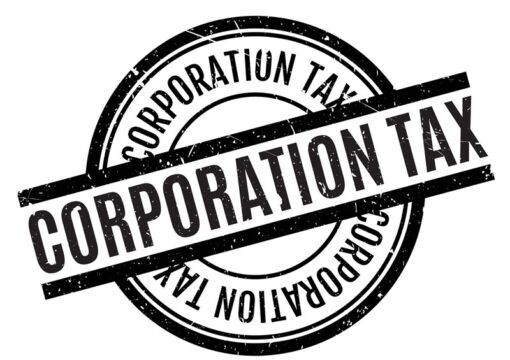
The term capital allowances is used to describe the allowances available to businesses to secure tax relief for certain capital expenditure. The rules that govern the purchase of capital equipment such as computer equipment, vehicles and machinery by
1 November 2017 – Due date for corporation tax due for the year ended 31 January 2017.
19 November 2017 – PAYE and NIC deductions due for month ended 5 November 2017. (If you pay your tax electronically the due date is 22 November 2017.)
19

The Parental Bereavement (Leave and Pay) Bill has been published by the government. Although the Bill is a Private Members’ Bill, it has the full support of the government and therefore the Bill and its explanatory notes have been prepared by the

Acas has launched new guidance to help employers manage staff who are experiencing mental health issues. The new guidance aims to help managers develop the right skills to support employees as well as to create a culture of well-being in the

The First-Tier Tribunal recently heard three appeals that examined whether vehicles supplied to employees were vans or cars. The main appellant in this case was Coca-Cola European Partners GB Ltd (Coca-Cola) who supplied vehicles to a number of their

A capital gains tax (CGT) charge on the sale of UK residential property by non-UK residents was introduced in April 2015.
A UK non-resident that sells UK residential property needs to deliver a non-resident capital gains tax (NRCGT) return within

An overdrawn director’s loan account is created when a director (or other close family members) ‘borrows’ money from their company. Many companies, particularly ‘close’ private companies, pay for personal expenses of directors using company funds.

HMRC has confirmed that they will no longer accept payments with a personal credit card from 13 January 2018. This includes payments for income tax, PAYE, VAT and many other taxes. This is due to the implementation of the EU second Payment Services

There are a number of scenarios where HMRC would consider a company or organisation to be inactive for Corporation Tax (CT) purposes. This is a different categorisation to a ‘dormant’ company and usually happens when a company has not commenced

When a couple is separating or divorced it is unlikely that they are thinking about the tax implications. However, as the dust begins to settle it is important that the tax consequences of the break-up are given proper consideration.
Whilst income

As a general rule, inheritance tax (IHT) is collected from a person’s estate when they die and can also be payable during a person’s lifetime on certain trusts and gifts. There is normally no tax to be paid if the value of the estate is below the IHT

Capital allowances is the term used to describe the tax relief businesses can claim on certain capital expenditure and thereby reduce the amount of their taxable profits. Most ‘capital’ items, such as equipment, vehicles, machinery etc, last for a